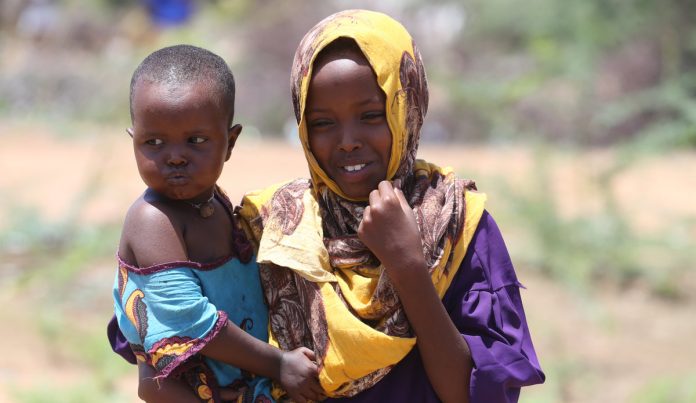The UN Refugee Agency issued new guidance today on Somalis fleeing their country’s eligibility for refugee status.
The guidance is intended to assist those adjudicating international protection claims by Somali asylum seekers, as well as those responsible for setting government policy on the subject.
Ongoing armed conflict and widespread human rights violations continue to have an impact on civilians, putting lives in danger and forcing many to flee their homes in search of safety.
Insecurity and attacks on civilians persist in large parts of the country. Those targeted include ethnic and social minorities, women, children, and people with disabilities. At least 21 civilians were killed and 117 others were injured in a recent attack on the Hayat hotel in Mogadishu.
Others at risk, according to UNHCR, include clan elders, electoral delegates, government workers and officials, police officers, off-duty soldiers, and humanitarian workers.
The deteriorating security situation, including human rights violations, exacerbates Somalia’s humanitarian crisis, undermining the ability of the government and humanitarian actors to respond. Somalia is experiencing its worst drought in 40 years, and widespread famine is imminent.
According to the UNHCR’s new guidelines, states must allow people fleeing Somalia to seek safety and assess their refugee claims in accordance with international law. Those discovered fleeing violence, human rights violations, and persecution would meet the criteria for refugee status under the 1951 Refugee Convention, regional instruments, or the UNHCR’s broader mandate.
There were 836,300 Somali refugees and asylum seekers worldwide at the end of 2021, with the majority of them – nearly 80% (more than 650,000) – hosted in neighbouring and regional countries such as Ethiopia, Kenya, Yemen, Djibouti, Uganda, and Sudan.
We applaud neighbouring countries’ commitment to upholding their international legal obligations by keeping their borders open to Somalis fleeing for safety. However, we urge all countries, including those further afield, to follow suit. They can also help provide additional support to regional host countries and increase resettlement places for Somali and other refugees at high risk in asylum-seeking countries.

